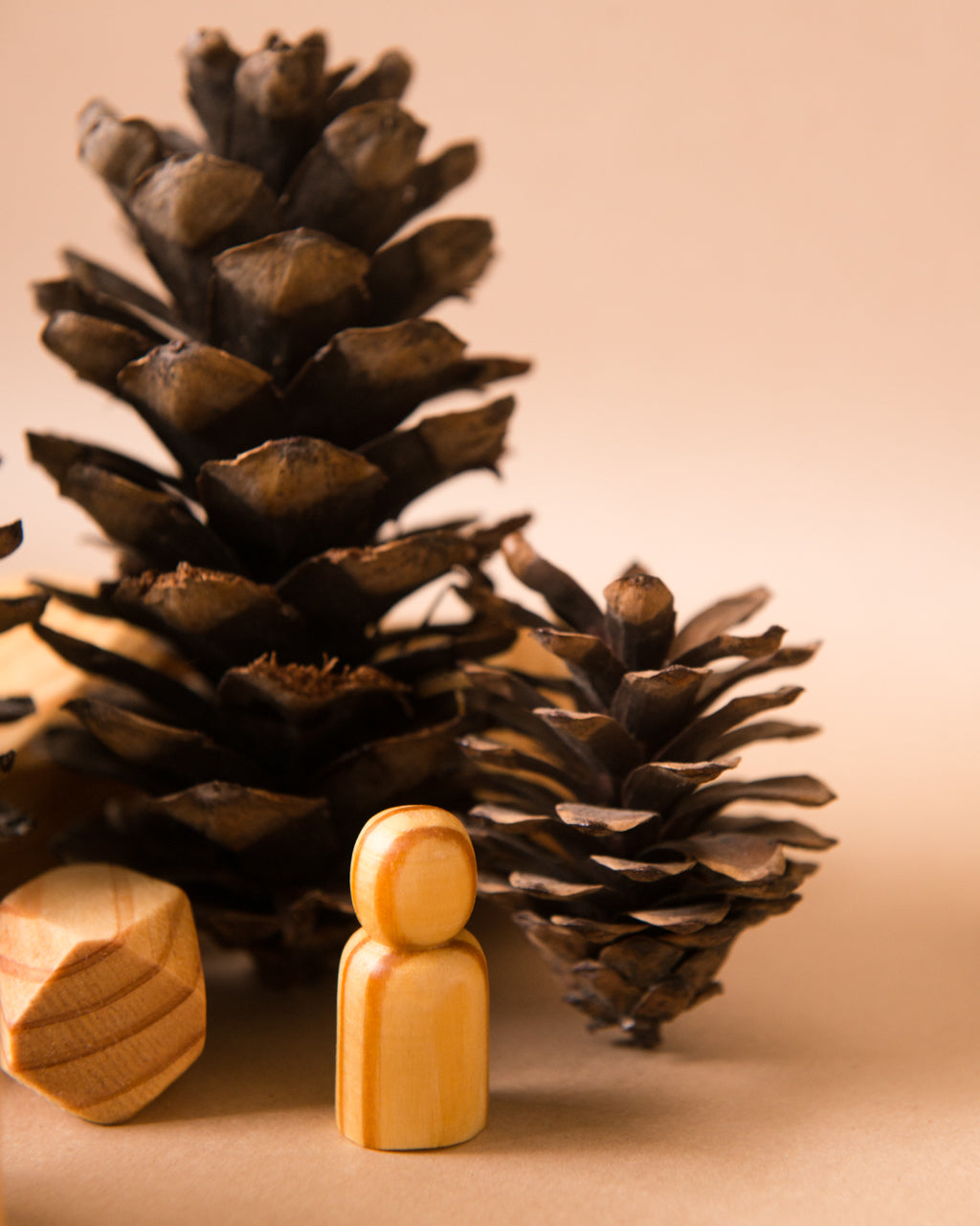“your child navigates, but you provide the pond” peter gray
psychologist and evolutionary biologist peter gray, has long been a proponent of “trustful parenting”. in an article for psychology today, he talks about the various parenting styles, the importance and relevance of trustful parenting and consciously making the switch.
at the core of it, trustful parents trust their children’s natural instincts to learn and grow. they trust their children’s capacities, their innate goodness and wisdom, and that faith becomes a self-fulfilling prophecy.
trustful parents do not try to direct their children every step of the way. they expect their children to direct themselves. they support their children by being role models themselves, by providing experiences and materials and by helping only when help is requested.
there is a lovely metaphor here of the caterpillar who had gone into a cocoon. a person watching the cocoon was struck by the struggle the poor caterpillar-now-butterfly had to endure while emerging. he watched the little creature struggle and struggle and finally decided to help it along. but alas! help was not what the creature needed, for nature intended the struggle to be a struggle as it was a necessary part of development for the butterfly to grow stronger and able to fly.
similarly, trustful parenting is trusting that your children have within them all that is required for them to become strong, able butterflies. and knowing that non-trust and over-interference could hamper rather than aid their development.
peter gray talks about fear as being the enemy of trustful parenting – fear that harm will befall the children in the world outside, fear for the children’s future in this competitive world… etc. he describes a few parenting styles and the specific facet of fear they pivot on… we have described two of them here -
- helicopter parenting
helicopter parenting is a term that has been applied to parents who are over protective and overly involved in their children’s lives. helicopter parents are often worried about the dangers lurking in the environment around their child, have difficulty “letting go” and thus end up controlling their children’s lives.
but children of helicopter parents often grow up without a well developed internal locus of control, and often end up with poorly developed coping skills in adulthood.
it would do well for parents who have helicopter-like tendencies to be aware of their own desire to control, and also aware of subsequent harm that it could cause their kids in their emotional lives later on.
- “fuel-injector” parenting
a term coined by peter gray, many of us here in india may run the risk of being fuel injector parents.
he describes these parents as those who push their children to the limit competitively on any one activity. for example, parents may push their children to excel early in the field of dance, music, sports, etc, and nationally televised competitions are showcase events for these children (and parents).
in a study conducted on these sorts of parents, hilary friedman (author of playing to win) found that these parents did not push their children for any particular love for the activity itself (the choice of activity was random), nor because the parents wanted their children to become professionals in it. they pushed their kids because of the competitive aspect the activity offered. they believed that these competitions would instil in their children certain attitudes and skills which would serve them well in life – getting into the best colleges, landing the best jobs, excelling at the workplace and so on. they believed that life was a race, and their kids had to be geared up to “win” from the get go.
friedman also found, while talking to the kids who were subjected to these levels of competition, that their strongest memories, associations and passions were typically not around the activity (or any love for it), but around the rewards they received for competing and sometimes even the friends they made along the way.
what they missed discovering through their childhoods however was – who were they? and what did they love to do? leaving them with a later-life angst and the need to soul-search to discover their own passions and affections.
peter gray says that perhaps these sorts of parents can learn from the trustful parents that the secret to life lies not necessarily in learning how to beat the others but in discovering what you love, are well suited towards and excelling int hat.
a little bit of self awareness goes a long way -
at the end of the day we are all products of our own circumstances and environments, programmed to think and feel in certain ways. when raising your kids, its important to realise your own biases and leanings, and modify them toward a more holistic approach wherever possible.
read the original article by peter gray here:
https://www.psychologytoday.com/ca/blog/freedom-learn/201903/the-many-shades-fear-based-parenting





Leave a comment